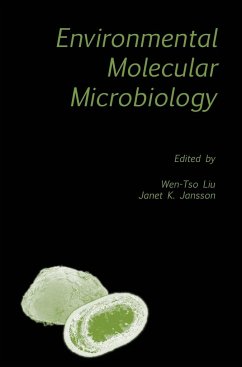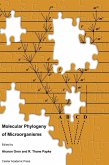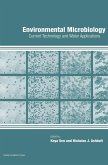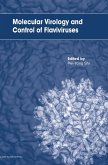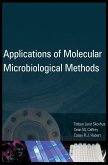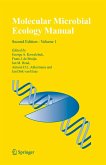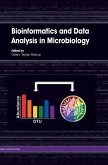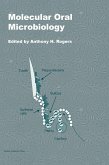Molecular biology has revolutionized the study of microorganisms in the environment and has improved our understanding of the composition, phylogeny, and physiology of microbial communities. The current molecular toolbox encompasses a range of DNA-based technologies and new methods for the study of RNA and proteins extracted from environmental samples. Currently, there is a major emphasis on the application of "omics" approaches to determine the identities and functions of microbes inhabiting different environments. This book highlights the current state-of-the-art of environmental molecular microbiology. International experts have contributed chapters that describe the various technologies and their applications in environmental microbiology. The first half of the book focuses on the microbial diversity and phylogeny of microorganisms in the environment and describes the molecular toolbox currently available for the study of the composition and diversity of microbial communities and their functions. Topics include the use of the 16S rRNA gene as a phylogenetic marker, metagenomics, metaproteomics, microarrays, and molecular fingerprinting. The second half focuses on the application of these approaches in various environments including soil, marine water, plants, humans, and wastewater treatment. The last chapter of the book discusses the genetics and environmental implications of microbial biofilms. This is an essential book for advanced students, research scientists, environmental agencies, and industries involved in any aspect of environmental microbiology.
Hinweis: Dieser Artikel kann nur an eine deutsche Lieferadresse ausgeliefert werden.
Hinweis: Dieser Artikel kann nur an eine deutsche Lieferadresse ausgeliefert werden.

